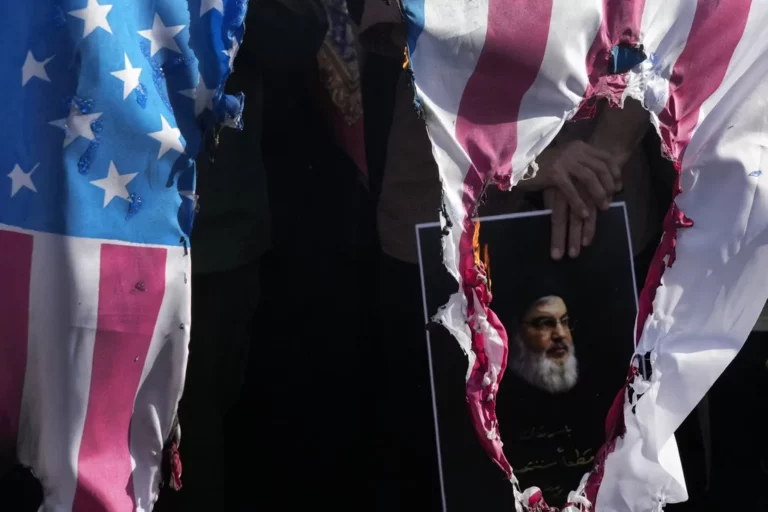
The Iranian government cut off indirect communication with the United States as tensions in the region continue to rise.
Iranian Foreign Minister Abbas Araghchi told reporters that a vital deescalation method had been cut off due to the changing situation with Israel.

“Due to the situation in the region, we have stopped exchanging indirect messages with America,” he said.
“Currently we don’t see any ground for these talks, until we can get past the current crisis,” Araghchi added.
Indirect lines of communication are vital in international diplomacy, allowing for hostile states to avoid miscommunications. Often, indirect lines of communication go through a neutral third party. For example, Qatar has served as an indirect communicator between Israel, the U.S., and Hamas.
Iran and the region have been anticipating an Israeli response to its ballistic missile attack against Israel on Oct. 1. Israel immediately vowed retaliation, though the scale of such an attack is unknown.
On Sunday, the Pentagon announced the deployment of a Terminal High-Altitude Area Defense battery, a missile defense system that targets ballistic missiles, to Israel. The U.S. said the move was a direct response to the April 13 and Oct. 1 Iranian strikes on Israel.
CLICK HERE TO READ MORE FROM THE WASHINGTON EXAMINER
“The THAAD Battery will augment Israel’s integrated air defense system. This action underscores the United States’ ironclad commitment to the defense of Israel, and to defend Americans in Israel, from any further ballistic missile attacks by Iran,” Pentagon spokesman Maj. Gen. Patrick Ryder said. “It is part of the broader adjustments the U.S. military has made in recent months, to support the defense of Israel and protect Americans from attacks by Iran and Iranian-aligned militias.”
The wider conflict in the Middle East entered a new phase on Oct. 1, when Israel invaded Lebanon for the fourth time in 50 years, aiming to neutralize Iran’s biggest proxy, Hezbollah. A Hezbollah drone attack over the weekend killed four Israeli soldiers and injured another 61.







